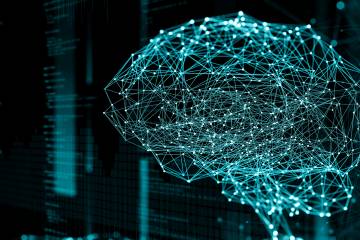The 2021 Samsung Ho-am Prize in Medicine has been awarded to Daeyeol Lee, Bloomberg Distinguished Professor of neuroscience, in recognition of his research on the neural mechanisms of decision-making by incorporating theoretical frameworks from economics into neuroscientific research to study the function of the prefrontal cortex.

Image caption: Daeyeol Lee
Image credit: Courtesy of Daeyeol Lee
The prize—established in 1991 and often referred to as the Korean equivalent of the Nobel Prize—is awarded annually to Koreans or individuals of Korean heritage "who have contributed to academics, the arts, and social development, or who have furthered the welfare of humanity through distinguished accomplishments in their respective professional fields." Also among this year's laureates, receiving the Samsung Ho-am Prize in the Arts, is Bong Joon Ho, who won the Academy Award for Best Director in 2020 for the movie Parasite.
Lee is known for having helped to develop the field of neuroeconomics, or decision neuroscience, which integrates neuroscience and economics as well as tools from artificial intelligence, psychology, and other areas. For Lee, this prestigious award is a testament to the value of the interdisciplinary approach he takes to his work.
"The focus of my research is to understand how our brains enable us to come up with appropriate, sometimes complex, plans to solve difficult problems," says Lee. "This requires an interdisciplinary approach and relies on many different paradigms from economics, psychology, neuroscience, and computer science. I am grateful to the selection committee for recognizing the importance of such interdisciplinary research for understanding the brain functions related to human cognition, and for appreciating that this is important for the development of better treatments for mental illnesses."
Current research in Lee's laboratory explores how humans choose actions by combining previously acquired knowledge, such as the subway map of a city, and constantly changing goals, such as a desired destination. Lee hopes to gain an understanding of the nature of neural activity and brain circuits responsible for mental simulation, which is disrupted in many psychiatric illnesses.
In his recent book, Birth of Intelligence (Oxford University Press, 2020), Lee traces the development of the brain and intelligence from self-replicating RNA to different animal species, humans, and even computers in order to address fundamental questions on the origins, development, and limitations of intelligence, as well as the implications for artificial intelligence and its future role in our society.
Posted in Science+Technology








